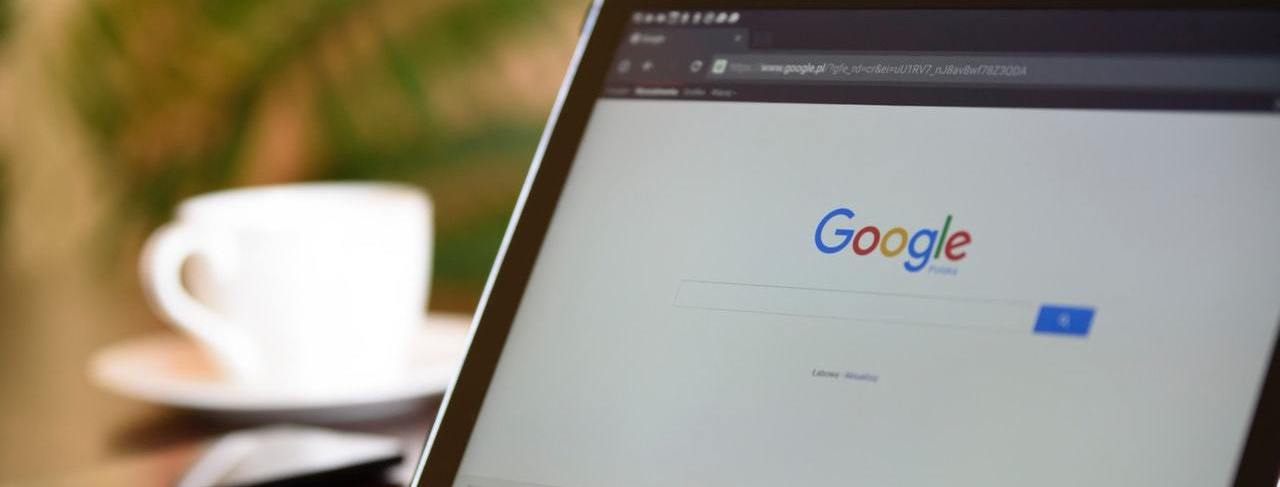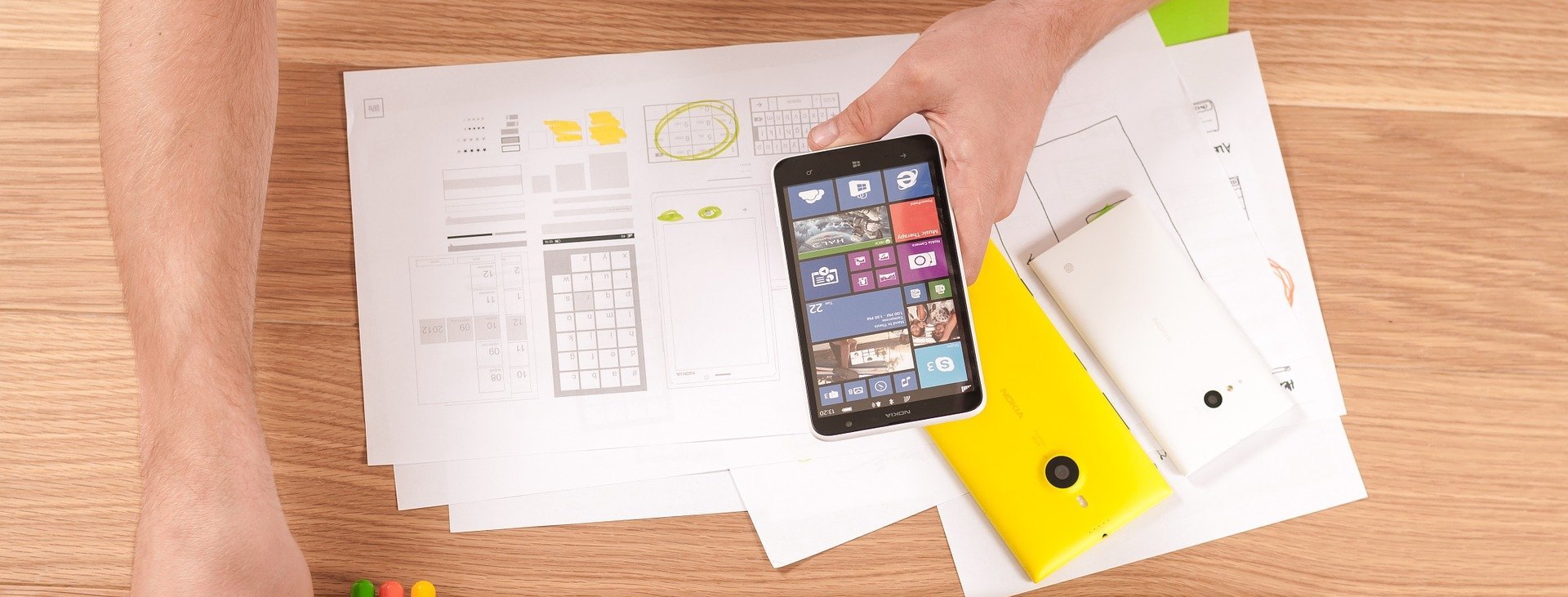5 Ways to Optimise Your Web Page for Speed and Leads
Posted on 15th June 2022 at 08:11
Some of the most important elements on a website are page load time and performance. For every 1-second delay in loading your web pages, you’ll lose 11% more visits as well as a 7% decrease in conversions. There's no need to wait around - these simple steps can make sure that Google knows how to qualify your website.
Make sure your Images/graphics aren’t too high of a resolution.

To make sure your images are sized appropriately, use an image editor such as Photoshop or a free resize program to ensure that you aren't uploading large files. The maximum size for web page layouts is usually 800 pixels wide and even if you upload larger than this they'll get reduced down in height when displayed on the site - though not necessarily by exactly 80%. If saving locally instead of online then choose high quality settings which reduce file sizes more efficiently.
You can also use websites such as Kraken.io to further reduce the size of your images by up to 90% without compromising quality. This will drastically improve load times for visitors on slower connections, and could save you a significant amount of bandwidth over time if you receive a lot of traffic.
Remove unnecessary plugins on your site.

One of the downsides to using plugins like Google Analytics is that they can slow down your website's loading speed. These tools usually work by having you enter a JavaScript snippet somewhere in your site code (generally found on most sites' header), which needs remote files before fully loading each page for visitors; if there are several different types or versions present- say one just dedicated towards analytics data collection alone - then it will take longer than necessary when all these elements come together during load time because their execution takes place at different times.
Take care of any Code Bloat in your CSS files.

When you’re working with a large CSS file, it can take time for your website to load. This is because every extra line of code added onto the page will slow down how quickly they are loaded and make pages harder on both our computer screens as well as those using mobile devices or tablets without much storage space available! There's no need though; we have two options here: either hide any nonessential elements (like margins) by setting their visibility property equal false , or use one these free minifiers that remove excess spaces from HTML documents , like CodeBeautify, and as a result make them smaller in size.
Cache your pages.

Caching is a great idea for anyone who wants their website to be faster and more reliable. When you cache web pages, Google temporarily saves them on its servers so that future visitors can access those files without needing an active connection from the user's computer or mobile device; this reduces how often they have to send requests - especially important during peak times like holiday sales.
Evaluate your website's health with a free online assessment by experts in the field.

If you’re still not sure why your website isn’t performing to the highest standard it might be time to get a free Website Health check with It’seeze Knutsford. One of our experts will assess your site and offer practical advice on how you can improve things. Or maybe you’d like a more in-depth analysis of your website and digital marketing? Our professional team can provide you with a tailor-made report, outlining where your site is excelling and where there’s room for improvement. We’ll also make recommendations on how you can get the most from your online presence and maximise your return on investment.
We’ll also carry out a full review of your digital marketing strategy and give you feedback on how you could be getting more from your website – after all, it is your most powerful marketing tool.
Share this post:

